WASHINGTON — President Trump’s threat to punish Mexico with tariffs until it restrains the flow of migrants across the southwestern border rattled financial markets on Friday and prompted pushback from the Mexican government, American businesses and Republican lawmakers, who accused Mr. Trump of overstepping his authority and pressed him to back down.
The president has made frequent use of tariffs to force trade concessions from other governments, including Mexico, Canada, China and Europe. But he raised the stakes on Thursday night by threatening to hit the United States’ ally and its largest trading partner with tariffs for issues related to immigration, not trade. Republican lawmakers, who have rarely challenged the president, objected to the move, saying tariffs were the wrong tool to try to address illegal immigration.
But Mr. Trump, who is invoking emergency powers to impose tariffs of up to 25 percent on all Mexican goods, showed no signs of relenting. He said on Friday that he would proceed with tariffs that could hurt American consumers and some of its biggest companies, including automakers, agricultural companies and retailers.
“Mexico makes a FORTUNE from the U.S., have for decades, they can easily fix this problem,” the president said on Twitter.
Stock prices slid on Friday, continuing a monthlong retreat, with the S&P 500 down more than 6 percent this month and the bond market flashing worrying signs of a global recession. Shares in General Motors and Ford each fell about 4 percent.
Mexico quickly dispatched its foreign minister to Washington on Friday to try to dissuade the president from imposing the levies and its president pleaded with Mr. Trump to find another way to address the issue. In a measured letter to Mr. Trump, President Andrés Manuel López Obrador of Mexico said that he did not want confrontation and that his country was doing as much as possible to stem the flow of migrants “without violating human rights.”
Officials with the U.S. Chamber of Commerce, the nation’s largest business group, said they were exploring the grounds on which they might mount a legal challenge.

“Given the gravity of the situation we have to explore all our options,” said Neil Bradley, the chief policy officer at the chamber.
The move capped a furious month of cross-border tariff threats that have rattled investors and raised economists’ concerns about a slowdown in global growth. Only three weeks ago, Mr. Trump increased tariffs on $200 billion worth of Chinese goods and started the process of taxing nearly everything China sends into the United States. The president has also threatened auto tariffs on Europe and Japan, setting a six-month deadline for those governments to reach a trade agreement with the United States.
Most economists have warned that large and sustained tariff increases, along with likely retaliation against American farmers and other exporters, will dampen global trade and drag on growth in the United States.
“We don’t know what straw will break the camel’s back here, but Trump is looking like he wants to try to find out,” Timothy Duy, an economist at the University of Oregon, wrote in a blog post on Friday.
Imposing tariffs on Mexican products would be particularly damaging given the tight integration of businesses across North America. Companies like General Motors, Ford and others have built their supply chains around the North American Free Trade Agreement, with borderless operations stretching across Canada, Mexico and the United States.
The United States imported about $347 billion of goods from Mexico last year, covering items ranging from cars, dishwashers, avocados and mangoes. If tariffs are fully put in place at 25 percent, it would be the equivalent of an $87 billion annual tax increase.
It could also effectively kill one of Mr. Trump’s primary policy goals — getting Congress to pass a revised North American trade pact. Democrats have already resisted Mr. Trump’s entreaties to pass the pact, known as the United States-Mexico-Canada Agreement, and the new tariff threat could be its death knell. The president’s move is quickly souring relations with Mexico, as well as the Republicans and business owners that are crucial to getting his North American trade deal passed into law.
Senator Charles E. Grassley, Republican of Iowa, warned that following through with the tariffs “would seriously jeopardize passage of U.S.M.C.A., a central campaign pledge of President Trump’s and what could be a big victory for the country.”
“I urge the president to consider other options,” he said.
The new threat of levies against Mexico comes less than two weeks after the administration agreed to lift its tariffs on Mexican and Canadian steel and aluminum, which both the administration and lawmakers greeted as a major step toward passing the revised pact into law.
“The White House will need to pass out neck braces if this trade policy whiplash continues for much longer,” said Kip Eideberg, a vice president at the Association of Equipment Manufacturers, which represents companies like Caterpillar and John Deere.
Administration officials acknowledged the incongruity of linking immigration with trade, but said the new tariffs should not have any effect on the passage of the revised trade deal.
“These are not tariffs as part of a trade dispute. These are tariffs as part of an immigration problem,” Mick Mulvaney, the acting White House chief of staff, said in a call with reporters Thursday night. He added that passage of the trade deal was “absolutely not linked” to the tariffs threat.
“That is separate and apart from the U.S.M.C.A., which is a trade matter,” Mr. Mulvaney said. “The U.S.M.C.A. is a trade matter and completely separate,” he said.
However, Peter Navarro, a top adviser to Mr. Trump, suggested the issue was a matter of trade, saying on CNBC that the tariffs would punish Mexico’s “export” of “illegal immigrants.”
The tariffs are the latest threat by a president who has grown increasingly frustrated by the Mexican government’s inability to curb the flow of migrants, most of them Central Americans fleeing poverty and violence, who are entering the United States.
In March, Mr. Trump threatened to close the border entirely, but was talked down by advisers who said the disruption in the flow of goods and people could have severe consequences for the economy. In April, he threatened a 25 percent tariff on cars imported from Mexico if it did not take bigger steps to stop the border crossings.
https://www.nytimes.com/2019/05/31/business/mexico-tariffs-donald-trump.html
2019-05-31 19:08:03Z
52780305674640

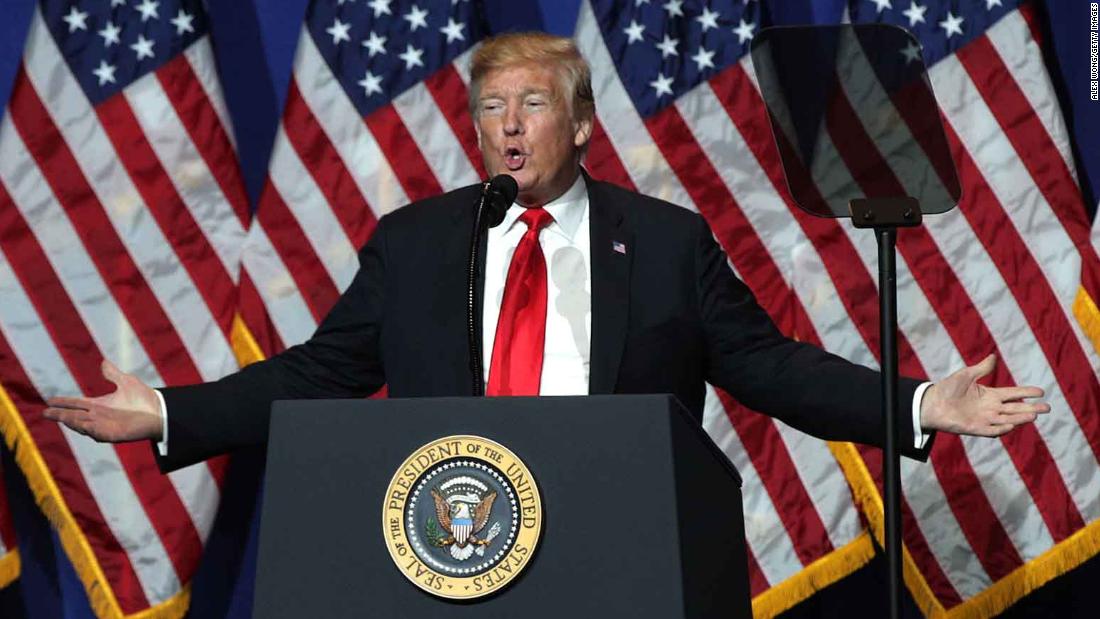
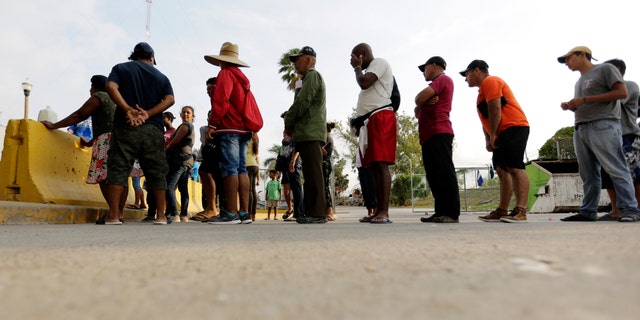


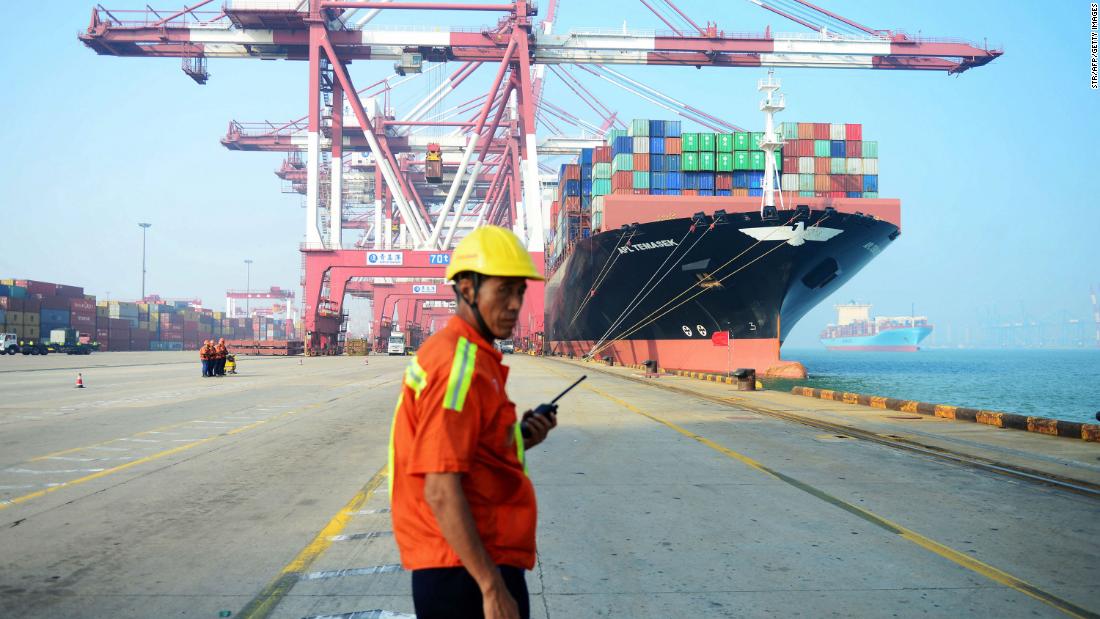
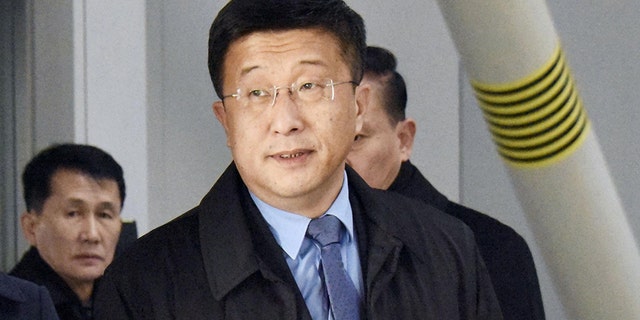
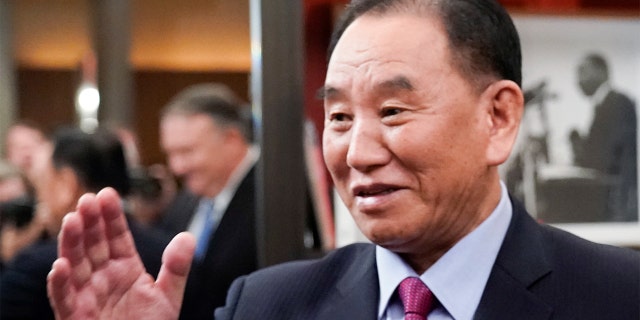
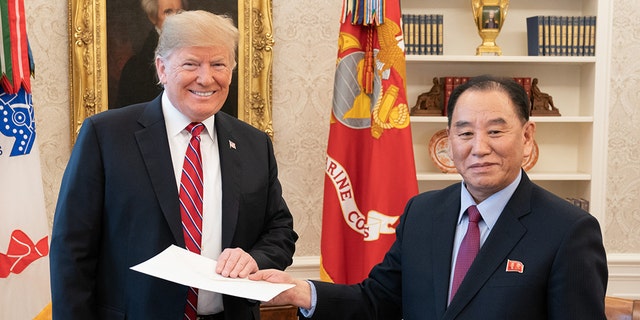


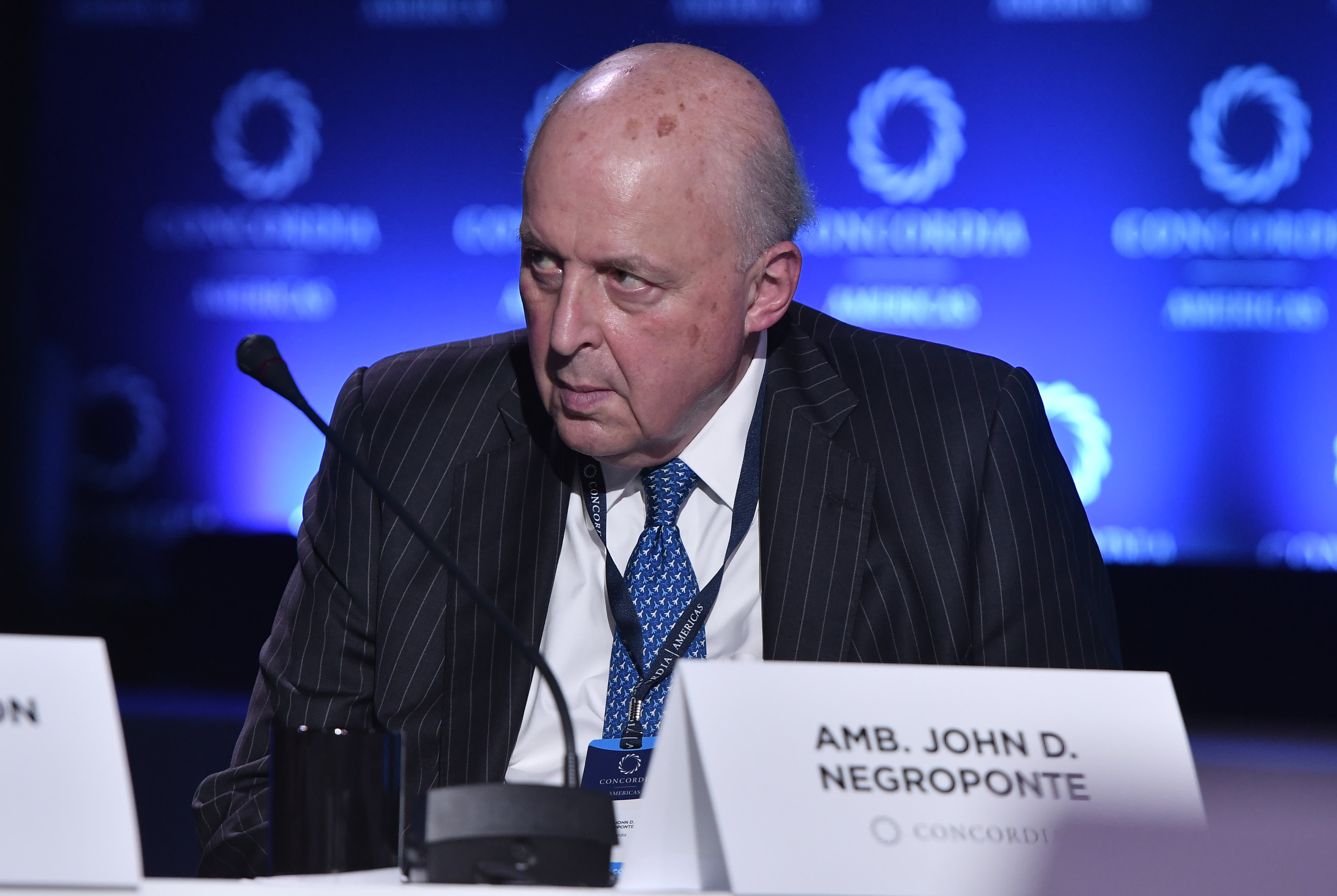
.1559225955127.png)
.1559228557429.png)